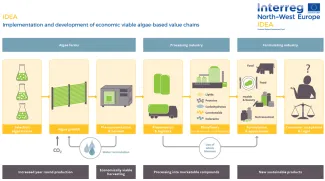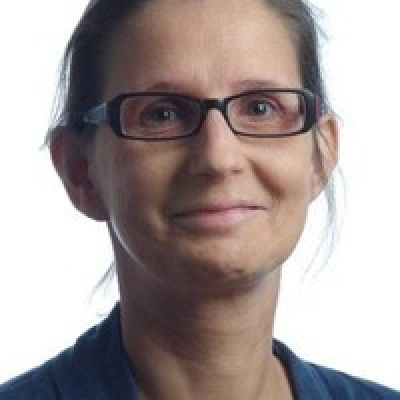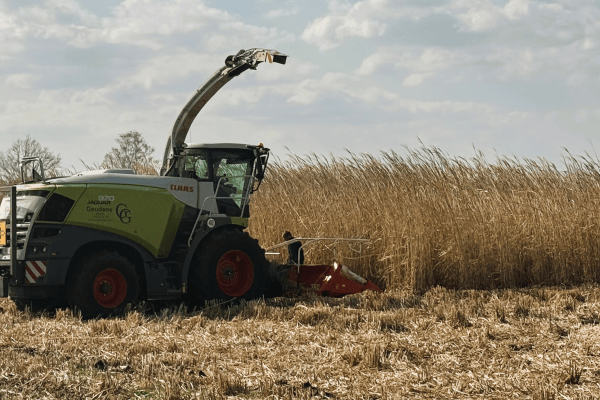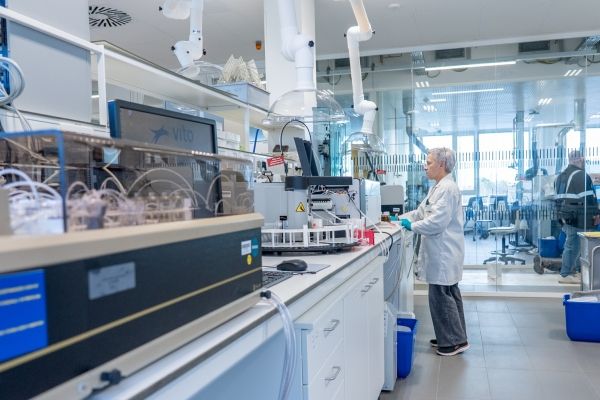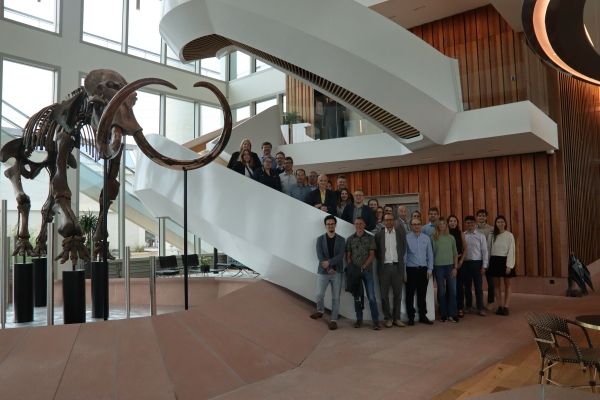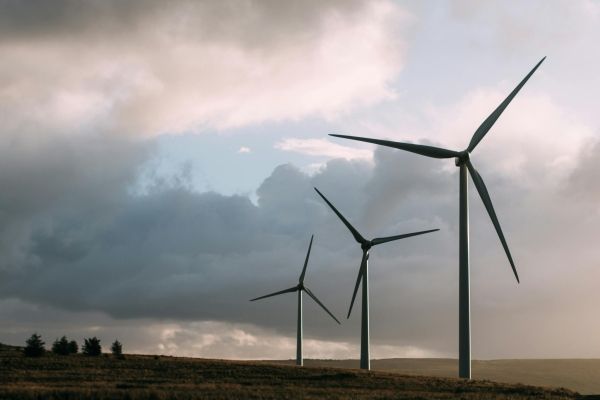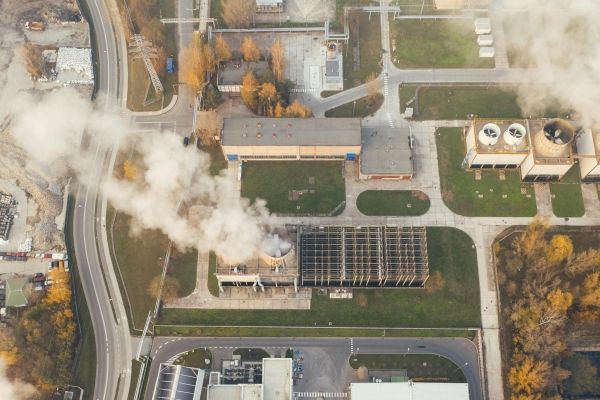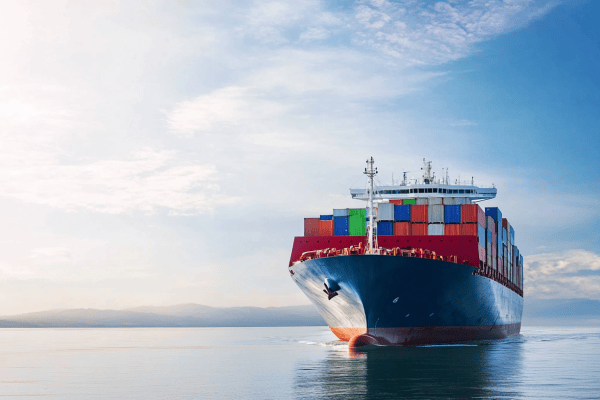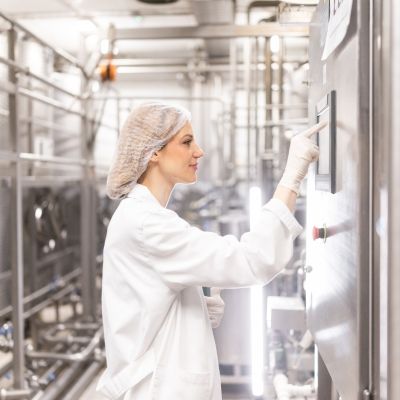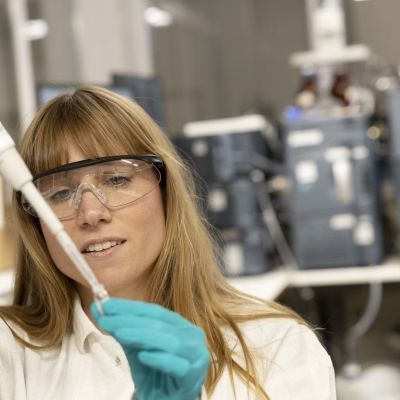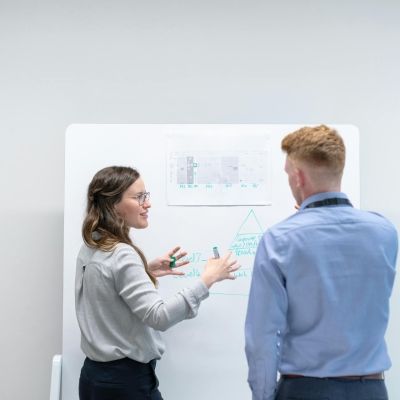Algae cultivation on a large scale in Northern Europe - time to realise the potential
The growing population is in need of new sustainable sources for healthy food and chemicals, and algae can be an interesting part of the solution. The IDEA project explored the potential of algae cultivation in the Northwest European climate. IDEA is an Interreg NWEurope project that began in 2017 and has now laid its cards on the table during the closing event in Mol.
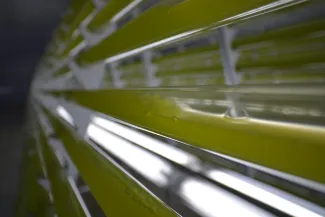
How can innovation and process development stimulate individual solutions to create a viable algae value chain? That was the central question at this closing event attended by over 60 experts from across Northern Europe. The project was entirely focused on the Northwest European climate, which differs significantly from the Southern European and Northern European climates where large algae projects are already underway.
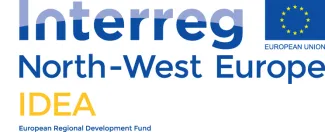
It may not seem logical or economically viable to cultivate algae year-round in this climate. It is too cold, and there is insufficient light during the winter months. However, there are some algae species that thrive reasonably well in the right conditions in the Northwest European climate. Commercial algae cultivation in NW Europe already exists, as seen with Dutch company Algaspring. Furthermore, it is now known that algae can play a crucial role in the sustainable development of cosmetics, human and animal nutrition, agricultural applications, and healthcare.
A lot of potential
The various testimonies and proposed pilot projects at the closing event clearly demonstrated the potential of algae. They can serve as growth enhancers, alternatives in astronaut food or animal feed. Not only because they can be a valuable end product, but also because in the cultivation of algae, process water, digestate (fermented biomass), and CO2 can be utilized. These alternative nutrient sources for algae were successfully tested under the IDEA+ program, an extension of the original IDEA project.
Algae are slowly finding their way to the market. Enthusiastic farmer and IDEA project partner Kris Heirbaut from Temse not only cultivates algae but also incorporates them into ice cream, cheese, vegetarian sausages, and pancakes. His business is thriving.
Challenges
However, to further scale up algae cultivation, the project has identified some challenges. The current high production costs for small-scale production, the reproducibility of the composition of harvested algae, the incomplete understanding of the risks associated with the use of by-products, restrictive policies, and the mindset shift that consumers must undergo are still obstacles at this moment. Therefore, there is a plea to focus more on legislation and policy, process support, and further research. In short, if algae are placed on the political and economic agendas, they can be an important part of the solution in the future.
